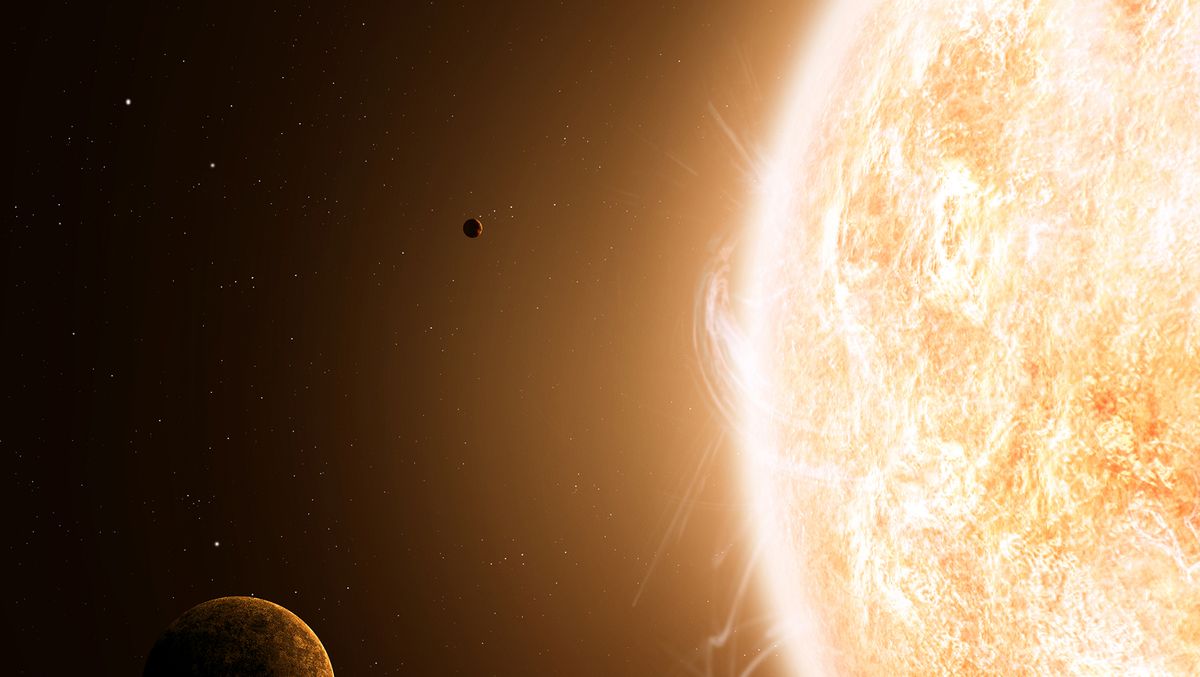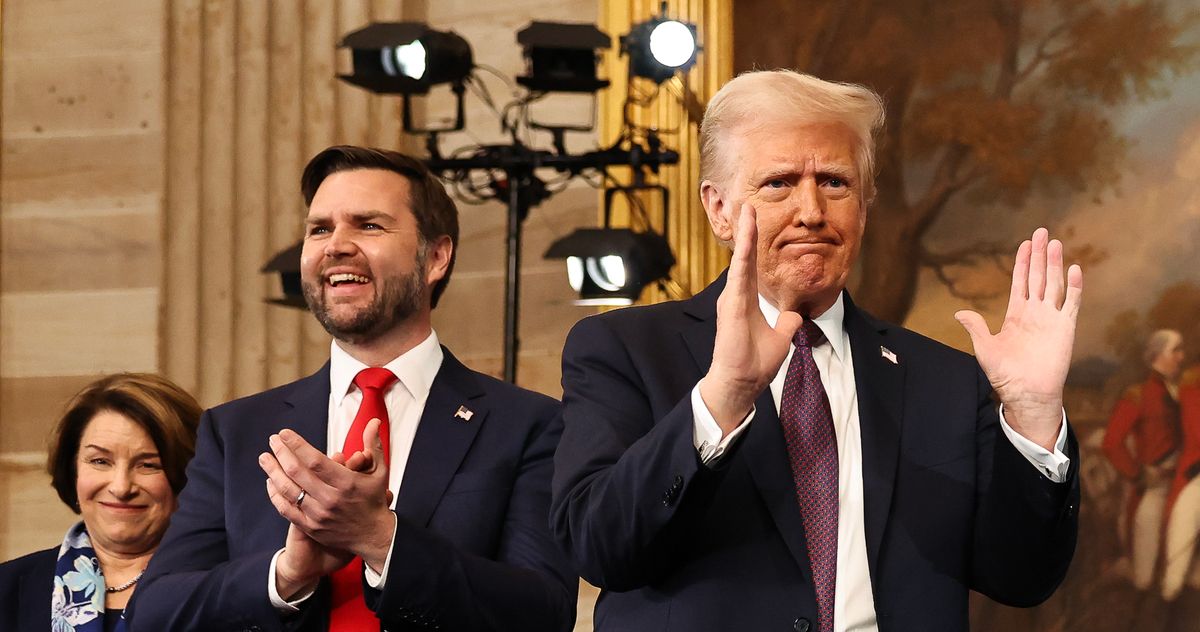WASHINGTON — President Trump has said it’s too early to know if he will anoint Vice President JD Vance as his would-be successor ahead of the 2028 election.
Fox News chief political anchor Bret Baier asked Trump, 78, in an interview taped ahead of Sunday’s Super Bowl: “Do you view Vice President JD Vanceas your successor, the Republican nominee in 2028?”
“No, but he’s very capable,” Trump replied.
“I think you have a lot of very capable people,” the president added. “So far I think he’s doing a fantastic job. It’s too early. We’re just starting.”
“By the time we get to get to the midterms,” Baier interjected, “[Vance] is going to be looking for an endorsement.”
“A lot of people have said that this has been the greatest opening — almost three weeks — in the history of the presidency,” Trump deflected.
The clip aired Monday afternoon, hours after Vance, 40, landed in France with his family for the start of his first foreign trip as vice president.
The VP will attend an artificial intelligence summit in Paris before traveling to the annual Munich Security Conference in Germany, which will be held this coming weekend.
It’s possible that Trump chose not to endorse Vance as his successor to avoid calling attention to the fact that he is constitutionally obligated to leave office when he completes his second term in January 2029.
Trump frequently muses about changing the Constitution to serve a third term, but that’s understood partially as a way to avoid obtaining “lame duck” status that could sap his political power.
Vance is the third-youngest vice president in US history and was selected by Trump as his running mate in July at the urging of first son Donald Trump Jr.
At the time, Vance was viewed as the running mate who is most aligned with the Republican leader’s own populist views.
Vance represented Ohio in the Senate for two years and previously worked as a venture capitalist and lawyer. He is also a best-selling author, whose 2016 memoir “Hillbilly Elegy” was made into a 2020 movie by director Ron Howard.
Presidents don’t always support their vice president’s aspirations for higher office.
Then-President Barack Obama discouraged his No. 2, Joe Biden, from running for president in 2016, clearing the way for Secretary of State Hillary Clinton to claim the Democratic nomination.
Biden ultimately ran in 2020 and won the White House, succeeding in defeating Trump where Clinton had failed.













